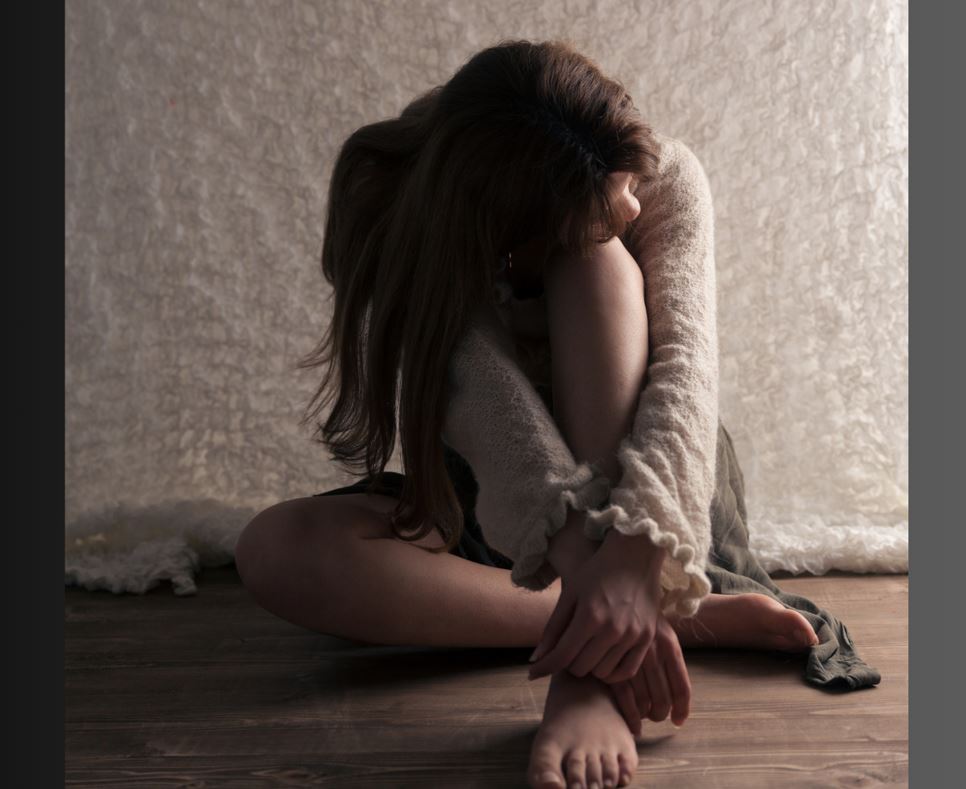As we approach the holiday season, I want to address a topic that’s close to the hearts of many – the holiday blues and its connection to mental health.
It’s vital to grasp the distinction between temporary holiday blues and more persistent mental health disorders, as recognizing this difference can be a crucial step in safeguarding your emotional well-being.
The holiday blues are a real phenomenon that affects many individuals, even those without diagnosed mental health conditions. The stress, expectations, and the frantic pace of the holiday season can lead to feelings of sadness and dissatisfaction. In a survey conducted by the National Alliance on Mental Illness (NAMI), a significant percentage of respondents reported experiencing various negative emotions during this time.
However, here’s an important fact that might surprise you: while the holiday blues can be intense, suicide rates in the United States do not actually surge during the holiday season. In fact, evidence shows that the highest suicide rates occur between April and August. The months of November, December, and January, the peak of the holiday season, paradoxically have the lowest daily suicide rates.
This information serves as a reminder that the holiday season is not inherently responsible for mental health disorders. Rather, what happens during this time is that signs and symptoms associated with mental health challenges tend to worsen temporarily.
The stress, anxiety, and depression that many individuals feel during the period between Thanksgiving and New Year’s Day can be overwhelming.
This temporary worsening of symptoms is particularly significant because, if left unaddressed, it can lead to the development of more severe mental health disorders later in the year. It’s important to distinguish between the holiday blues, which typically pass as the season comes to an end, and more severe depression, which persists and interferes with your day-to-day life.
If you’re already living with a diagnosed mental illness, the holidays can exacerbate your condition significantly. The NAMI survey found that approximately 24% of individuals with a mental illness reported that the holidays made their condition “a lot” worse, with 40% experiencing a “somewhat” negative impact. The pressure to create a perfect holiday, travel to visit family, say yes to every event, meet year-end deadlines, and handle the financial burdens of holiday shopping can take a toll on your emotional well-being. This hustle and bustle can affect anyone, regardless of their previous mental health history.
For those who have never experienced mental health issues, the holiday season can still be a tremendously stressful time. In the same NAMI survey, around 75% of respondents acknowledged that the holidays contributed to feelings of sadness and dissatisfaction. Feelings of financial strain, loneliness, overwhelming pressure, and nostalgia for happier times are commonly experienced. Many people find themselves unable to be with loved ones during this time, which further compounds the stress.
As a mental health counselor, I want to emphasize that you don’t have to navigate this challenging season alone. The holiday blues and the associated stressors are temporary, and there is help available. Seeking support, whether through counseling, talking to a therapist, or reaching out to friends and family, can make a significant difference in how you experience the holiday season.
Your well-being matters, and I encourage you to prioritize self-care and reach out to take care of your mental health, not just during the holidays but throughout the year.
